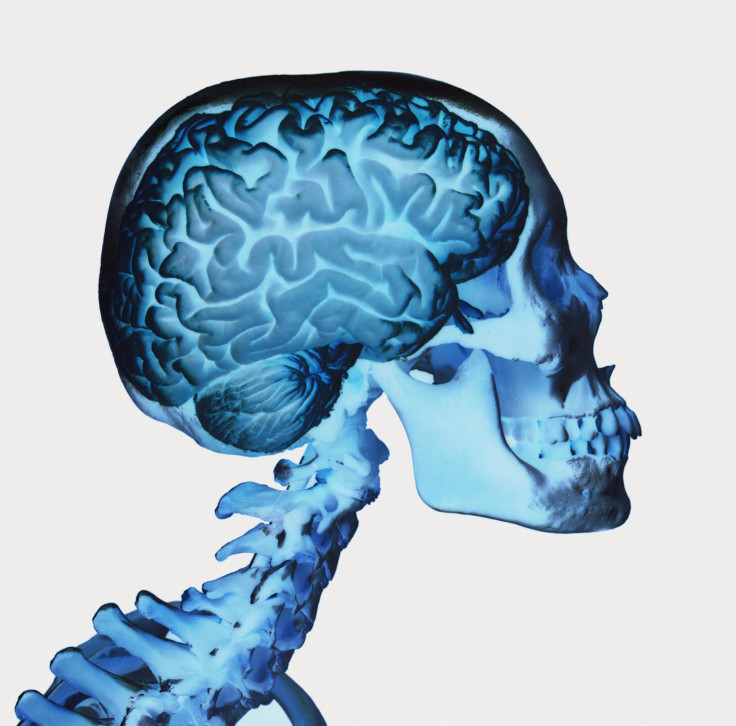Mental Health: Earlier Deaths Found Among Mentally Ill, New Study Says

Having a mental-health disorder raises one's risk of dying young, as people with such disorders are more likely to die from treatable conditions than are those without them, according to a new study published by the journal JAMA Psychiatry. For individuals afflicted by mental-health disorders, mental illness is not necessarily their direct cause of death. Instead, other health issues they have may go unaddressed, thus damaging their health and shortening life spans.
The study was led by Elizabeth Reisinger Walker of Emory University in Atlanta. She and two co-authors, Robin McGee and Benjamin G. Druss, analyzed 203 articles published in 29 countries as they assessed mortality rates among those with mental-health disorders. The risk of mortality from all causes, they found, was 2.2 times higher for people with mental-health disorders than it was for people without mental-health disorders. In other words, those with mental illnesses were twice as likely to die from any given particular cause -- cancer or diabetes, for examples -- than were the rest of the population.
"People with mental disorders often do not receive preventive services, such as immunizations, cancer screenings and tobacco counseling, and often receive a lower quality of care for medical conditions," researchers wrote in the study, according to the Orlando Sentinel.
The study's authors found that among those with mental disorders, 67.3 percent of deaths were attributable to natural causes and 17.5 percent of them to unnatural ones, with the causes of the remaining 15.2 percent unknown. The authors estimated the median of potential life lost because of mental disorders was 10 years and that 8 million deaths around the world annually were attributable to such disorders.
About one in four adults in the U.S., or 61.5 million people, will deal with mental illness in any given year, according to the National Alliance on Mental Illness. Fewer -- around one in 17, or roughly 13.6 million people -- actually live with serious disorders such as bipolar disorder or schizophrenia.
The fact that most deaths reviewed by the study were attributed to natural causes indicated that having a mental disorder might have an impact on one's ability to access or obtain health care that could successfully treat or at least mitigate these causes. "These estimates suggest that mental disorders rank among the most substantial causes of death worldwide," the study's authors concluded. "Efforts to quantify and address the global burden of illness need to better consider the role of mental disorders in preventable mortality."
© Copyright IBTimes 2024. All rights reserved.












